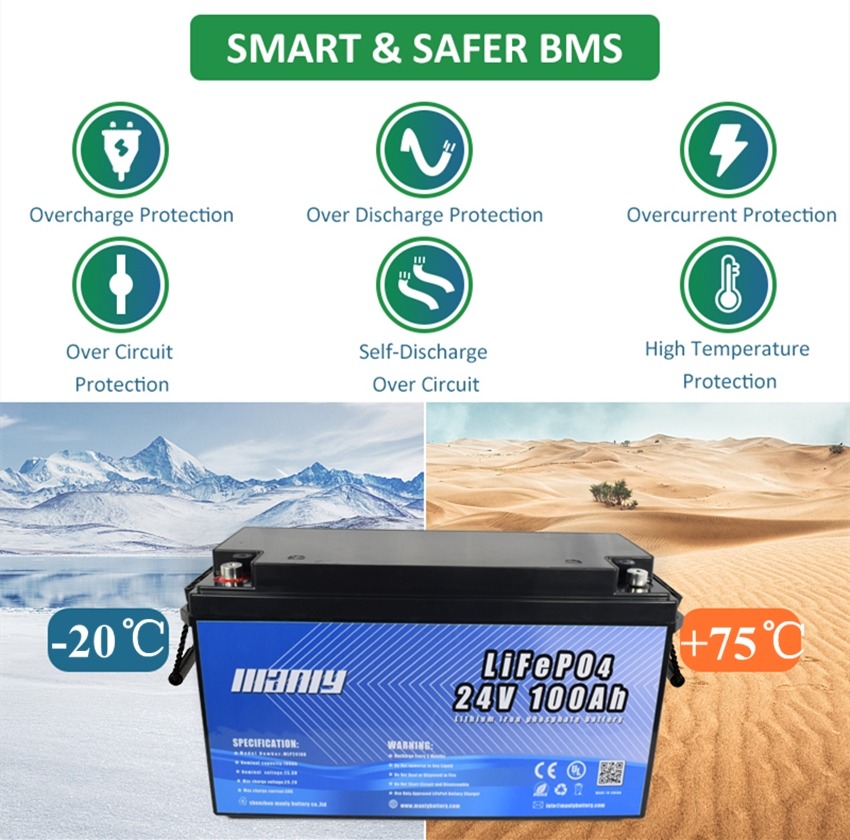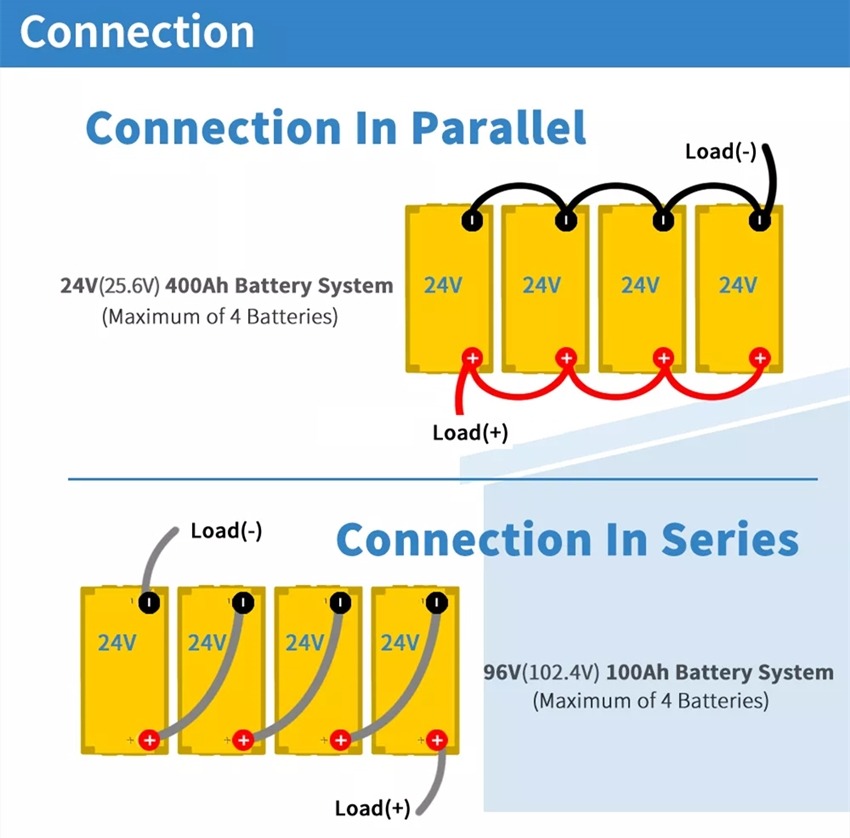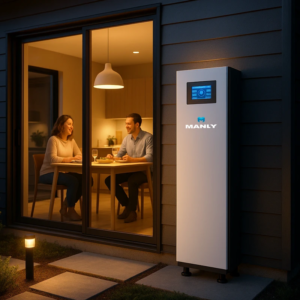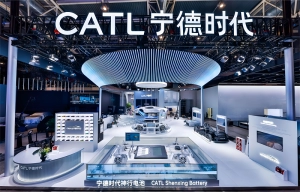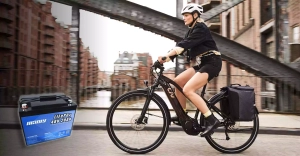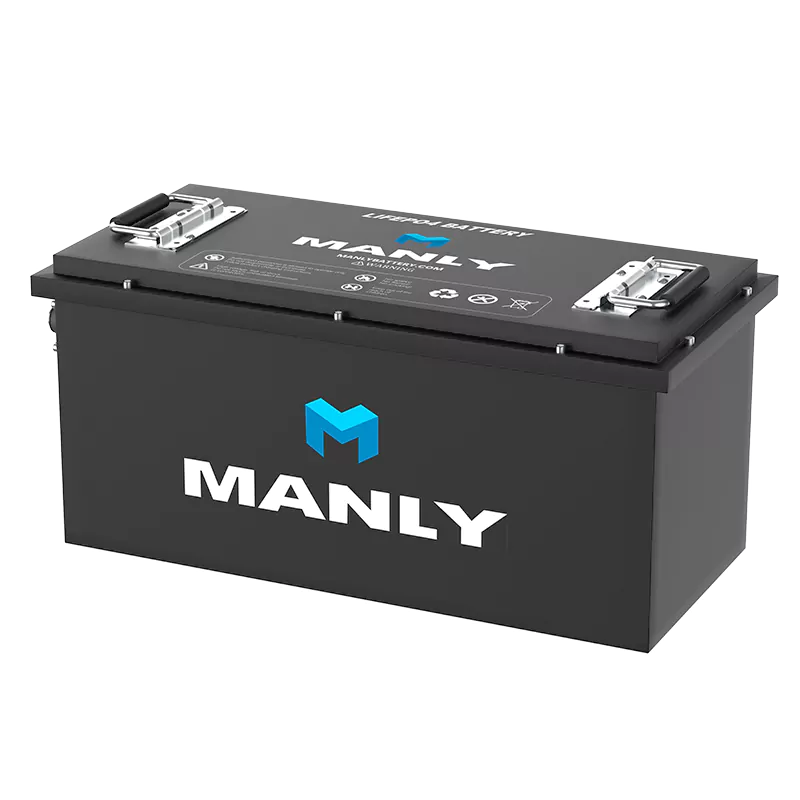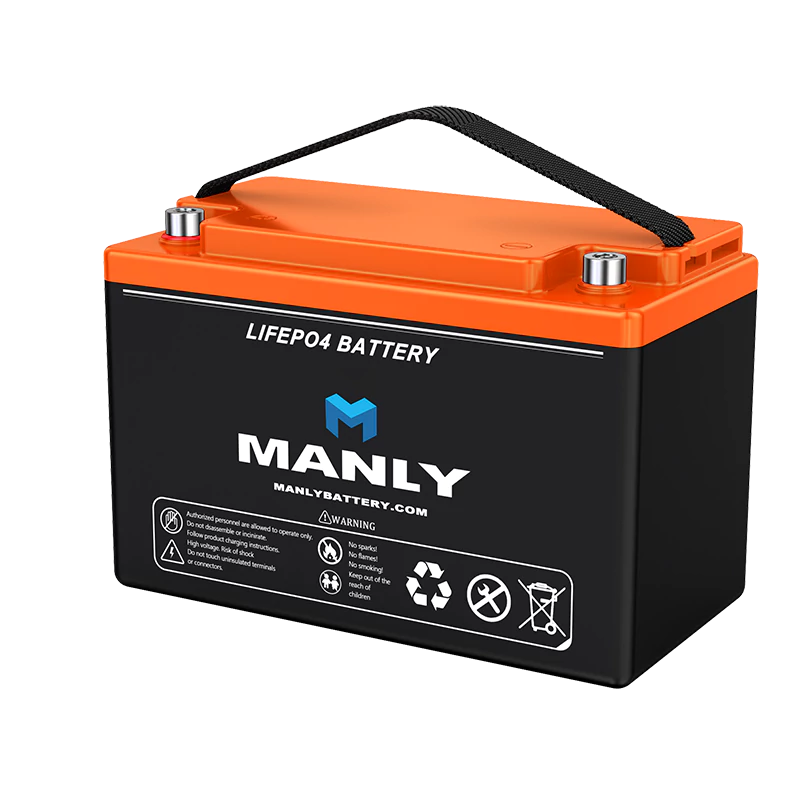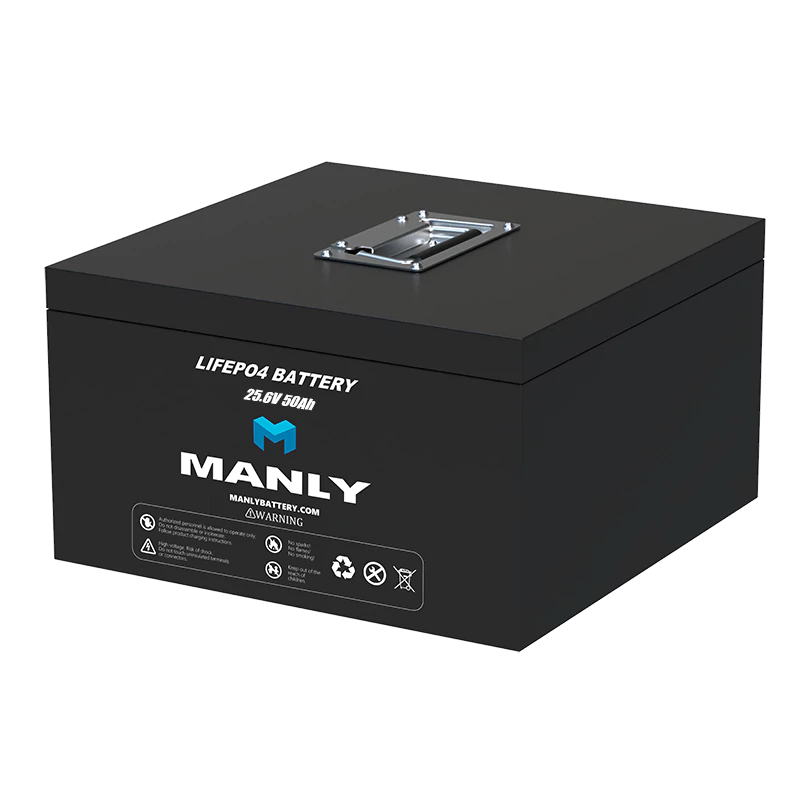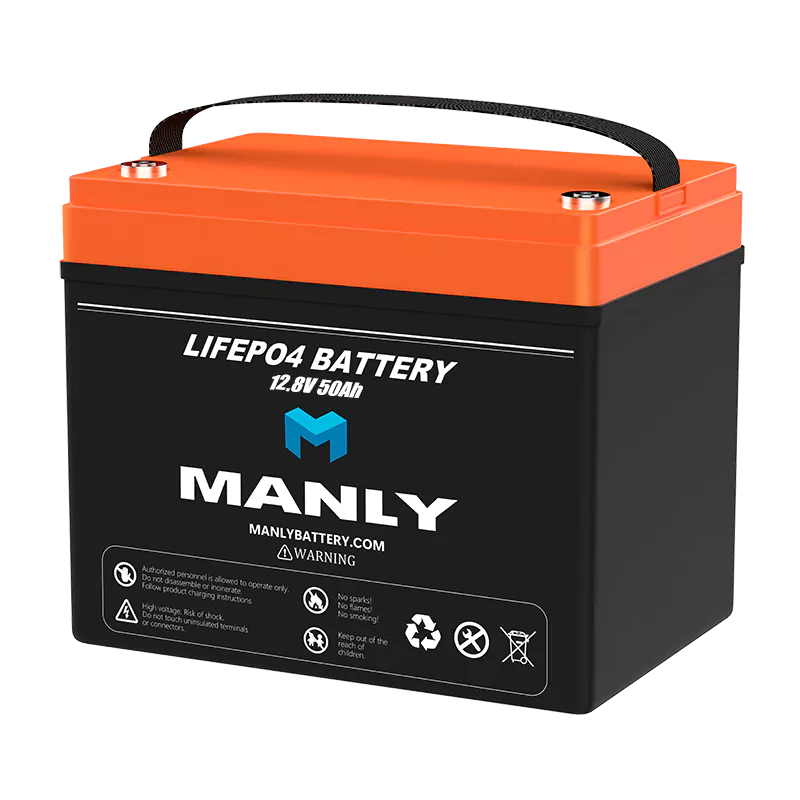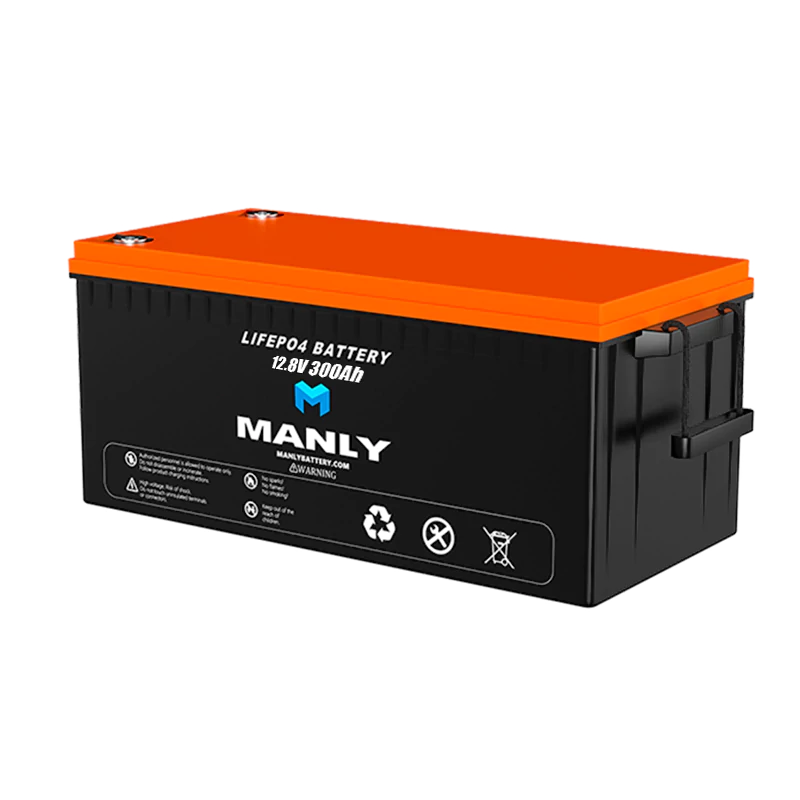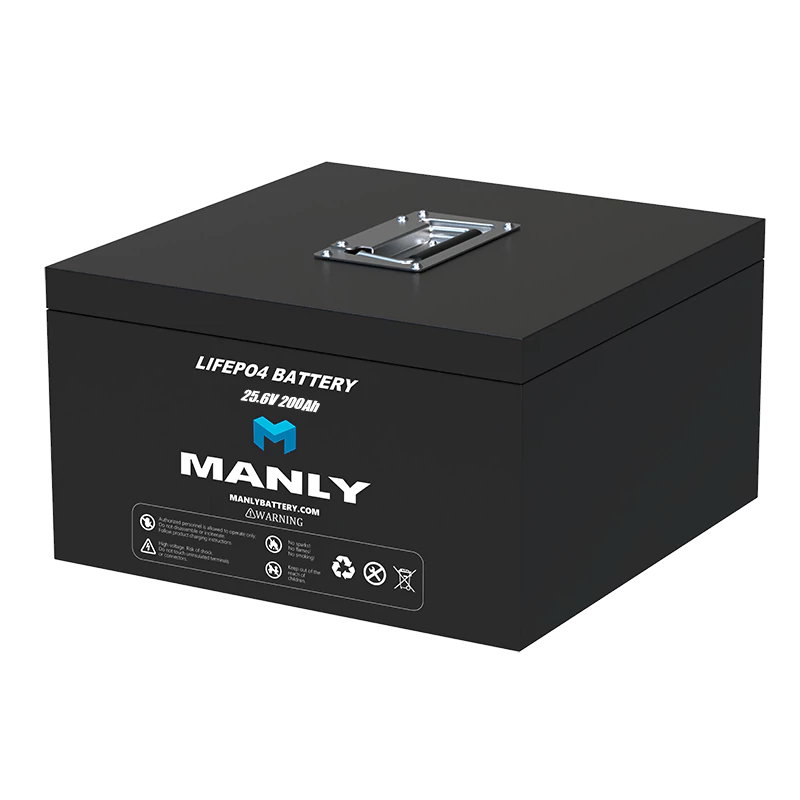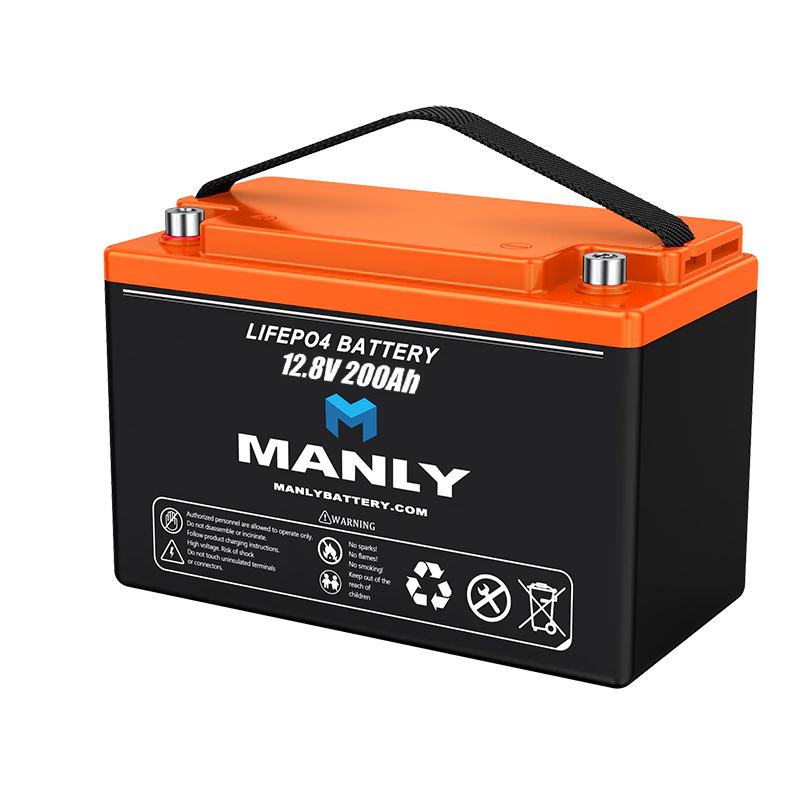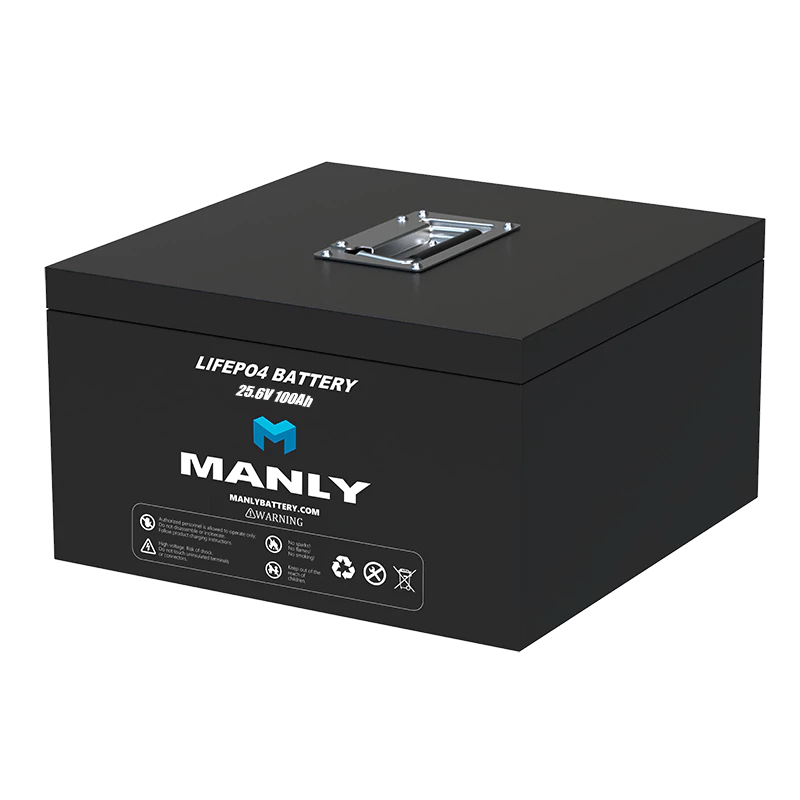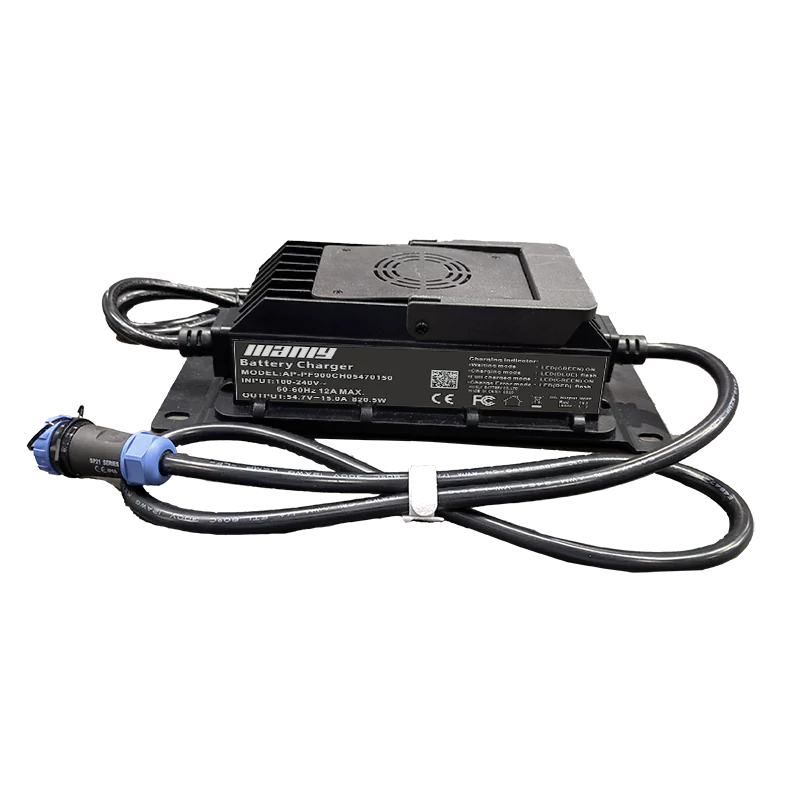More Products
Table of Contents
- Boosting Security Robot: 24V 100Ah Lithium Ion Battery
- 1. Introduction
- 2. Key Benefits of 24V 100Ah lithium ion battery in Security Robots
- 3. Manly Battery: Leading Supplier of 24V 100Ah lithium ion battery
- 4. Case Study: Upgrading to 24V 100Ah lithium ion battery Boosts Performance
- 5. Diverse Uses of 24V 100Ah lithium ion battery in Security Robots
- 6. Conclusion
Boosting Security Robot: 24V 100Ah Lithium Ion Battery
1. Introduction
In today's world, security is of utmost importance, and technological advancements have led to the increased use of security robots. These intelligent machines play a crucial role in maintaining safety and order in various settings. One of the key components that determine their efficiency and performance is the type of battery used to power them. The 24V 100Ah lithium ion battery has proven to be a game-changer in the field of security robots, offering numerous advantages over traditional battery technologies. This article delves into the benefits of using 24V 100Ah LiFePO4 batteries in security robots, with a focus on case studies, data, and references to support the viewpoint. We will also introduce Manly Battery, a leading battery manufacturer with over 13 years of experience, and their premium 24V 100Ah lithium ion battery products.
2. Key Benefits of 24V 100Ah lithium ion battery in Security Robots
2.1 Extended Life Cycles
One of the most significant advantages of using 24V 100Ah lithium ion battery in security robots is their extended life cycles. LiFePO4 batteries can last up to 5,000 cycles or more, making them an ideal choice for long-lasting power solutions. Traditional lead-acid batteries typically have a lifespan of around 500 cycles, which means that LiFePO4 batteries offer at least ten times the longevity. This longer life translates to lower maintenance costs and reduced downtime for security robots, which is crucial in mission-critical applications.2.2 Superior Energy Density
The 24V 100Ah lithium ion battery boasts a high energy density, which means that it can store more energy in a smaller, lighter package. This feature is crucial for security robots that need to operate for extended periods without recharging. The higher energy density also allows for more compact and lightweight robot designs, improving maneuverability and overall performance.2.3 Enhanced Temperature Resilience
LiFePO4 batteries exhibit better performance in extreme temperatures compared to traditional batteries. Their superior temperature resilience ensures that security robots can function efficiently in a wide range of environments, from scorching hot areas to freezing cold regions. This feature is especially important in applications where the robots must operate outdoors or in harsh conditions.2.4 Environmentally Friendly Technology
The 24V 100Ah lithium ion battery is an eco-friendly choice, as LiFePO4 technology is more environmentally friendly than lead-acid and other lithium-based batteries. LiFePO4 batteries are non-toxic, contain no heavy metals, and have a lower environmental impact throughout their lifecycle. By opting for these batteries, businesses can reduce their carbon footprint and contribute to a more sustainable future.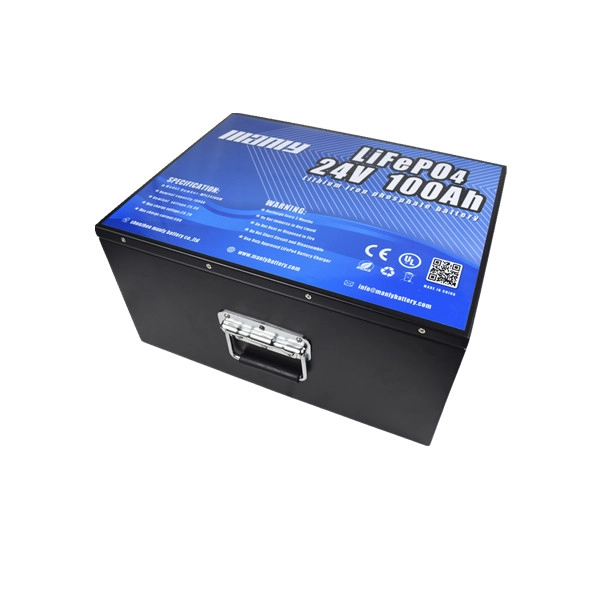
3. Manly Battery: Leading Supplier of 24V 100Ah lithium ion battery
Manly Battery is a reputable battery manufacturer, supplier, and OEM with over 13 years of experience in the industry. Their state-of-the-art battery factory spans an impressive 6,500 square meters, allowing them to produce a wide range of high-quality battery products. Manly Battery's 24V 100Ah LiFePO4 batteries come with numerous certifications, including UN38.3, IEC62133, UL, and CE, ensuring their safety and reliability.The company is committed to providing exceptional customer service, offering a 3-5 year warranty on all products and 24-hour customer support. Manly Battery understands that every application is unique and requires tailor-made solutions; hence, they offer customization options for voltage, capacity, current, size, appearance, and more.4. Case Study: Upgrading to 24V 100Ah lithium ion battery Boosts Performance
A recent case study involving a security robot upgrade to a 24V 100Ah LiFePO4 battery showcased the significant benefits of this advanced battery technology. The security robot, initially struggling with limited operating time and frequent downtime due to its traditional lead-acid battery, experienced a substantial boost in performance after transitioning to the 24V 100Ah lithium ion battery.A shopping mall in a major city served as the site for the case study. The mall's security team had been relying on a fleet of security robots equipped with conventional lead-acid batteries. These robots faced challenges in providing continuous surveillance due to their limited runtime and the need for regular maintenance.The mall's management decided to upgrade the security robots with 24V 100Ah LiFePO4 batteries from Manly Battery. The results were both immediate and impressive. The robots' runtime increased by over 60%, enabling them to patrol the mall for extended periods without recharging. Data collected during the trial period showed that the robots could now operate for up to 10 hours on a single charge, compared to just 6 hours with the previous lead-acid batteries.Furthermore, the robots' maintenance requirements were significantly reduced, thanks to the longer lifespan and reliability of the 24V 100Ah lithium ion battery. The LiFePO4 batteries provided over 5,000 cycles, while the lead-acid batteries only managed around 500 cycles. This longer lifespan resulted in a 90% reduction in battery replacement costs over a three-year period.In addition to the increased runtime and reduced maintenance costs, the upgraded security robots experienced a 15% decrease in overall weight due to the lighter 24V 100Ah LiFePO4 batteries. This weight reduction contributed to improved maneuverability, allowing the robots to navigate the mall more efficiently.The case study also demonstrated the environmental benefits of transitioning to 24V 100Ah lithium ion battery. According to a report by the U.S. Environmental Protection Agency (EPA), LiFePO4 batteries have a smaller carbon footprint than traditional lead-acid batteries, producing fewer greenhouse gas emissions during their lifecycle (EPA, 2018). The mall's management recognized the value of adopting eco-friendly technology, contributing to a more sustainable environment.This case study's findings align with research conducted by the International Electrotechnical Commission (IEC), which has published several studies on the benefits of LiFePO4 batteries in various applications, including security robots (IEC, 2019). The IEC's research supports the viewpoint that upgrading to 24V 100Ah lithium ion battery leads to improved performance, cost savings, and reduced environmental impact.In conclusion, the case study of upgrading security robots to 24V 100Ah LiFePO4 batteries provides compelling evidence of the numerous advantages offered by this advanced battery technology. The increased runtime, reduced maintenance costs, lower total cost of ownership, and positive environmental impact demonstrate the value of adopting 24V 100Ah lithium ion battery for security robot applications. With more case studies, data, and references supporting this viewpoint, it becomes clear that this technology is the future of security robot power solutions.